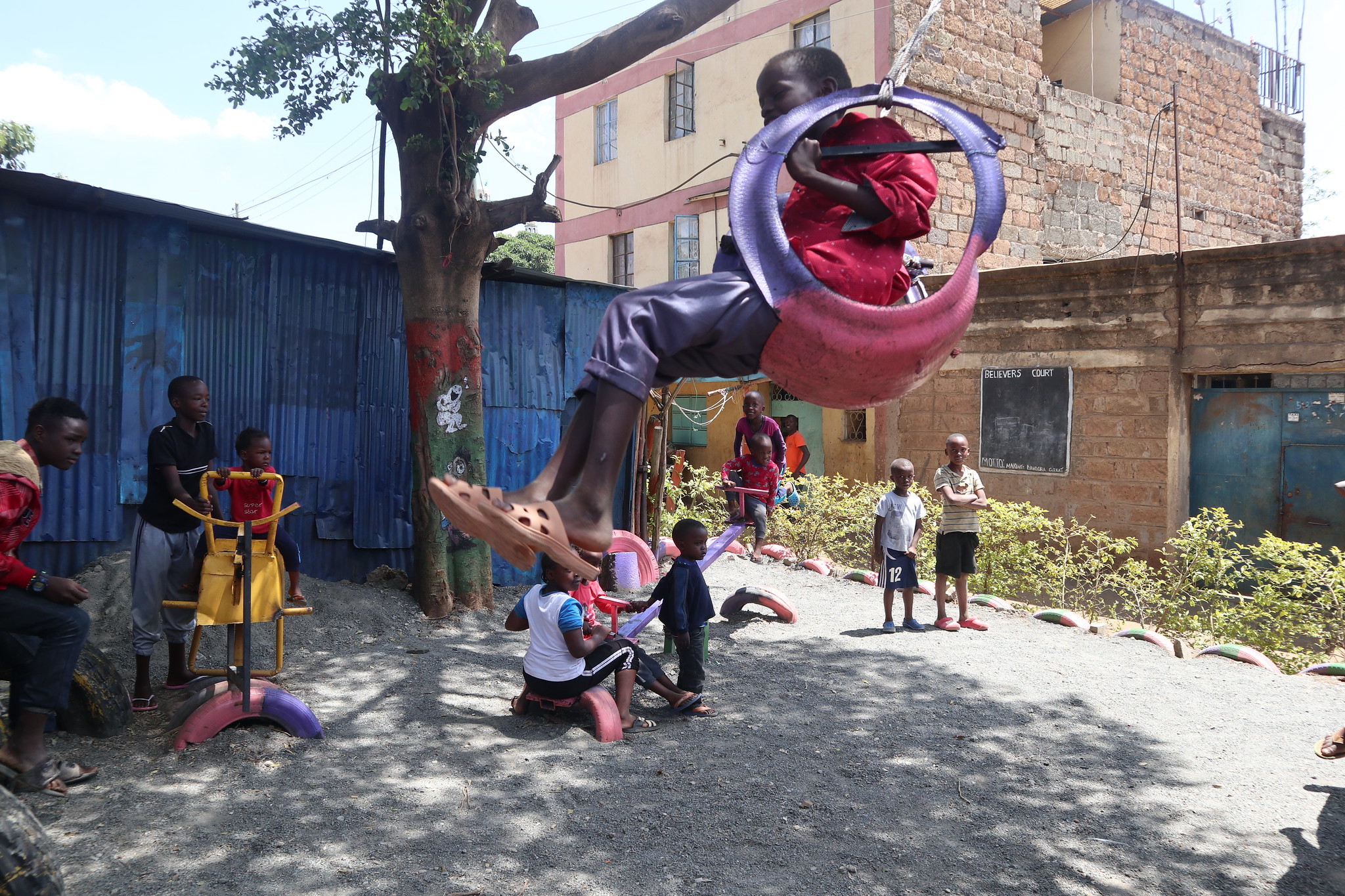7 April 2021, Nairobi. – Public spaces are an essential part for the development and growth of young men and women. To ensure inclusivity, the public spaces should be safe and youth friendly. Having a safe space gives youth an opportunity to connect with others who are facing similar experiences and challenges. As a result, safe spaces can promote healing, empowerment, and resilience. These programs provide a set time and place for youth to engage with each other and in activities that range from education to sports to civic engagement.
On April 6th, USAID launched the Global Online Youth Center Toolkit: Creating Resources for Safe Spaces, Youth Centres and, After-School Programs during the 10th ECOSOC Youth Forum: Designing Better Youth Center and Safe Space Programming – Tool Kick Off side event. Held in two sessions, the event attracted the participation of 699 persons virtually.
The event’s goal was to promote the creation and use of safe spaces and community hubs by addressing the importance of and development process of youth centres; to effectively engage the audience in order to make the toolkit part of programming and promote the implementation of the Toolkit.
To facilitate the design and set up of safe public spaces; USAID developed a toolkit that provides resources and examples of constructive youth safe spaces (YSS), including after-school programs (ASP) and youth centres (YC). The toolkit entails details on how to analyse needs; how to design youth friendly programs; setting up operations and; safe spaces checklist among others.
‘The toolkit provides you with open source examples of resources that one can draw upon for curriculum tools and sheets that help one in designing their new youth center, how to manage it and upscaling it giving a sustainability effect on the centre‘, shares Mike McCabe, Agency Senior Youth Advisor, USAID.
Case studies of successful and sustainable safe public spaces were also highlighted in the event. Douglas Ragan, Programme Management Officer, UN-Habitat, spoke about the One Stop Youth Centers that have been established in Nairobi, Mandera-Kenya, Rwanda, Mogadishu-Somalia and Juba-South Sudan. The One Stop Youth Centers were established to provide safe public spaces for youth engagement and empowerment.
‘Safe public spaces are essential for youth engagement and empowerment, ‘ – says Doug Ragan, Programme Management Officer, UN-Habitat. ‘Our One Stop Youth Centre in Kimisagara, Rwanda, has empowered hundreds of youth with vocational skills and engaged the youth in sports activities through the basketball pitch in the center. Same success has been illustrated in the Mogadishu One Stop Youth Center that impacted the Somali youth with constructive, life and entrepreneurship skills that led to the youth contribution in rebuilding the country during the peace building process. ’
To learn more about the event, please visit YouthPower website.



